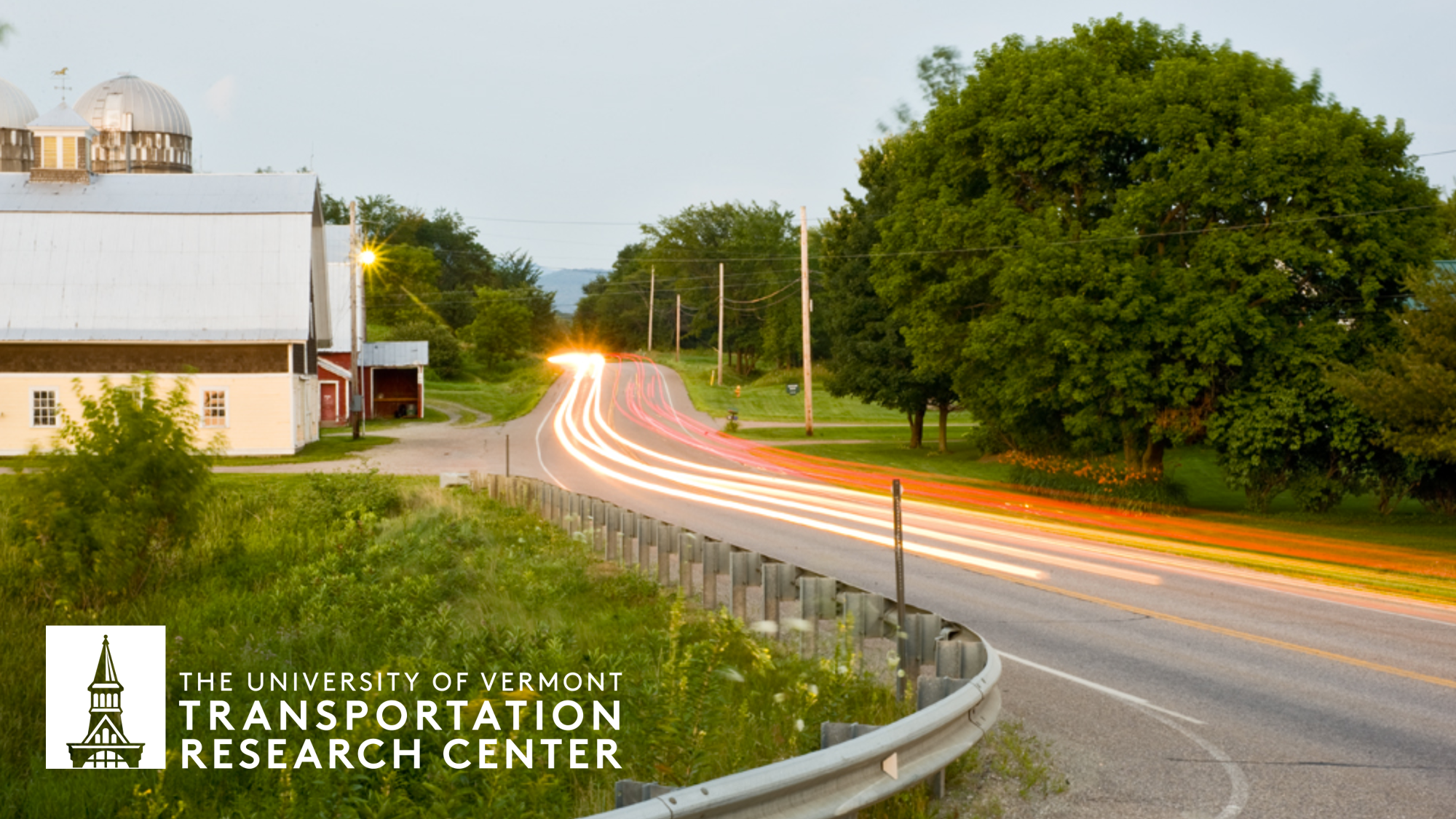
University of Vermont Transportation Research Center
Advancing Understanding of Long-Distance and Intercity Travel with Diverse Data Sources
Document Type
Report
Publication Date
7-1-2018
Abstract
Long-distance travel is an ambiguous designation that is used to refer to an extremely diverse set of trips, differing from one another in mode, distance, and purpose. Long-distance travel encompasses everything from "short" long-distance surface trips between adjacent metropolitan areas through intercontinental air trips spanning thousands of miles. These trips serve a wide range of purposes including business travel, leisure travel, and travel to access essential services such as medical care. As such, long-distance travel is increasingly important for sustainable transportation planning both due to the environmental externalities associated with these trips and also because the benefits of access to long-distance travel are inequitably distributed throughout the population. This project drew on five survey datasets, a mobiledevice based dataset from AirSage Inc., and semi-structured interviews to address research questions related to how best to measure long-distance travel, how long-distance travel influences well-being, and how access to long-distance travel varies among socio-demographic groups. Adequately defining long-distance travel for data collection and modeling remains a challenge and long-distance travel behavior researchers are continuing to experiment with innovative data collection methods for measuring these trips. It is clear that the most common current long-distance data collection methods are suboptimal. Distance thresholds, such as trips over 50 or 75 miles, are a poor method for defining long-distance travel on a national or global scale and there is no consensus on the appropriate recall period for retrospective long-distance travel surveys. Several promising avenues for future research and data collection were identified through this project. Focusing on more memorable long-distance travel indicators within surveys, such as overnight trips, trips including air travel, or an individual's maximum distance from home, may reduce recall error and provide useful outcome measures for assessing individuals' overall long-distance travel tendencies. Project results indicated that expanded use of convenience samples may provide more cost-effective opportunities to measure long-distance trip length and destination distributions. Social network characteristics may be predictive of certain types of long-distance travel and additional methodological improvements are needed to understand how to more effectively collect social network information including network geography. Analysis of survey data in this project suggested that one-time, self-assessed travel frequency estimates (a common existing measure of longdistance travel) can provide only a crude approximation of the levels of long-distance travel and that self-assessment is most effective for identifying non-travelers and very infrequent travelers. Historically, transportation equity research has focused on access to local goods and services but access to long-distance travel and to more distant destinations is increasingly important for maintaining social networks and accessing economic opportunities and specialized services. Across multiple datasets in this project, there is ample evidence that lower-income individuals engage in less long-distance travel and have more unmet long-distance travel needs than their higher-income counterparts. Given both the theoretical and empirical evidence that longdistance and intercity travel is correlated with an individuals’ own sense of well-being, especially for leisure or personal purposes, inequitable access to long-distance travel cannot be ignored. This finding suggests generally that lack of equity in long-distance access has been masked by lack of data and is a policy concern that must be considered in sustainable transportation planning moving forward.
Recommended Citation
Dowds, J., Harvey, C., LaMondia, J., Howerter, S., Ullman, H., & Aultman-Hall, L. (2018). Advancing Understanding of Long-Distance and Intercity Travel with Diverse Data Sources. Prepared by the University of Vermont Transportation Research Center for the National Center for Sustainable Transportation.

